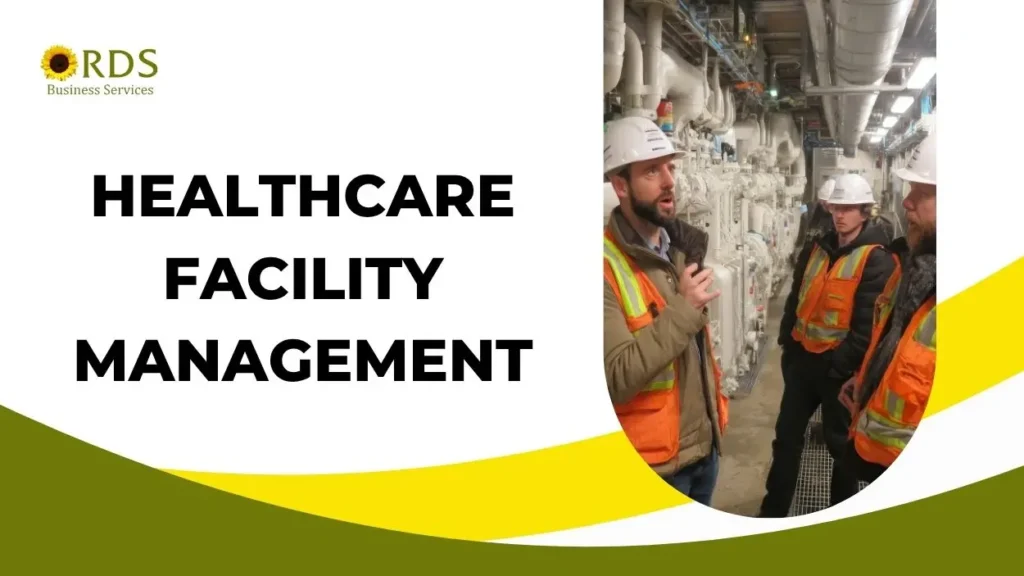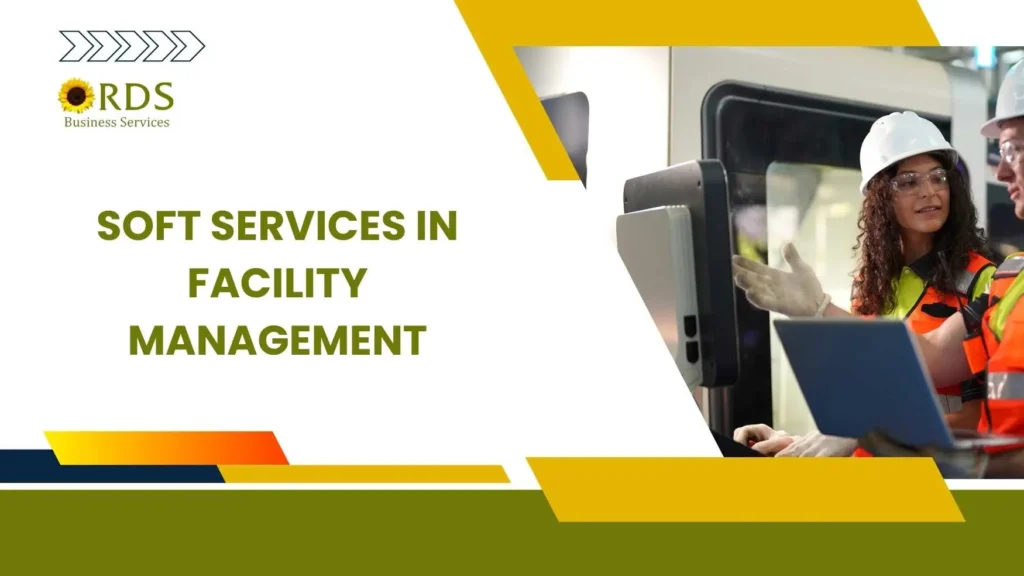
Table of Contents
Hospital facility management plays a critical role in patient safety, infection control, medical equipment readiness, and daily hospital operations. Effective healthcare facility management ensures hospitals remain safe, hygienic, compliant with NABH standards, and equipped to deliver high-quality patient care. In this guide, we explore why healthcare and hospital facility management is essential, the key functions involved, and how it directly influences patient outcomes.
What Is Hospital Facility Management?
Hospital facility management is the integrated management of all physical, technical, and support services that keep a healthcare facility running. It includes:
- Infection control housekeeping
- Biomedical waste management
- Medical equipment maintenance
- HVAC and air quality monitoring
- Hospital plumbing, electrical, and power systems
- Fire safety and evacuation planning
- Patient and visitor safety protocols
- Security and access control
- Pest control
- Water quality and sanitation
- Landscaping & hospital grounds management
Simply put:
Facility management in hospitals ensures that the environment supports safe, consistent, and high-quality patient care.
Why Healthcare Facility Management Is Critical for Patient Safety
Healthcare environments are extremely sensitive. Any failure whether a broken equipment, a contaminated surface, or poor air circulation can put patient lives at risk. Effective healthcare facility management prevents these risks through:
1. Rigorous Infection Control Housekeeping
To reduce hospital-acquired infections, HFM ensures:
- Disinfection schedules for high-risk areas (OT, ICU, NICU)
- Sterilization of medical equipment
- High-touch surface cleaning
- NABH-aligned hygiene protocols
- Isolation unit cleaning procedures
- Proper linen and laundry handling
Read: The Complete Guide to Housekeeping Services
2. Biomedical Waste Management
Healthcare waste is dangerous. HFM ensures:
- Proper segregation (yellow, red, blue, white)
- Secure storage areas
- Timely disposal
- Compliance with BMW Rules
- Zero-leakage waste handling
3. Air Quality and HVAC Management
Clean air inside hospitals is vital. HFM manages:
- Air changes per hour (ACH)
- HEPA filtration
- Pressure differentiation in OT/ICU
- Regular HVAC servicing
- Temperature and humidity control
4. Medical Equipment Maintenance
Equipment failures delay treatment and risk patient lives.
HFM ensures:
- Preventive maintenance
- Calibration schedules
- Breakdown management
- Spare part inventory
- Uptime tracking
5. Fire Safety & Emergency Preparedness
Hospitals must be ready for emergencies 24/7. HFM manages:
- Fire alarms, hydrants, sprinklers
- Evacuation maps
- Fire drills
- Generator backup
- Emergency lighting
- Security during crises
6. Hospital Security & Access Control
HFM ensures:
- Controlled access to sensitive zones
- Visitor management
- CCTV surveillance
- Security personnel training
- Protection of medical records and assets
Read : The Importance of Security in Healthcare Facilities
Core Components of Hospital Facilities Management
Effective hospital facilities management integrates technical systems, hygiene protocols, safety operations, and support services into one unified framework. These components ensure a safe, compliant, and patient-friendly environment where clinical teams can deliver uninterrupted care.
Below are the core pillars of hospital facility management that every healthcare institution depends on:
1. Hard Services (Technical Facility Management)
These services ensure that all hospital infrastructure and critical systems function without failure.
Includes:
- HVAC Systems: Air filtration, HEPA units, temperature control, and pressure differentiation (especially for OT, ICU, NICU).
- Electrical Systems: Power distribution, UPS, emergency lighting, and surge protection.
- Medical Gas Pipeline Systems (MGPS): Oxygen, vacuum, nitrous oxide lines, alarm systems, and monitoring.
- Plumbing & Water Supply: Safe potable water, sewage systems, cold/hot water systems, and water quality testing.
- Fire Safety Systems: Sprinklers, hydrants, smoke detectors, fire exits, and routine fire audits.
- Lift & Escalator Maintenance: Reliable vertical transportation for patients and critical-care movement.
- Building Fabric Maintenance: Civil repairs, roofing, flooring, doors, windows, and structural integrity.
These systems safeguard patient safety and keep hospital operations running smoothly 24/7.
2. Soft Services (Non-Technical Support Services)
Soft services create a clean, organized, and safe experience for patients, visitors, and staff.
Includes:
- Infection Control Housekeeping: NABH-aligned disinfection, OT/ICU cleaning, isolation room protocols, terminal cleaning.
- General Cleaning & Janitorial: Ward cleaning, public area upkeep, and restroom sanitation.
- Laundry & Linen Management: Proper washing, disinfection, drying, and distribution of hospital linen.
- Waste Management: Biomedical waste segregation, transportation, and disposal as per BMW rules.
- Security Services: Patient/visitor control, access management, CCTV monitoring, and emergency response.
- Pest Control: Preventive and reactive pest management to avoid contamination risks.
- Front Office & Helpdesk: Patient assistance, visitor guidance, and administrative support.
Soft services directly impact patient satisfaction, hospital reputation, and infection control.
3. Safety, Risk, & Compliance Management
Hospitals must follow strict safety norms to protect patients, staff, and assets.
Includes:
- NABH & JCI Compliance: Adherence to accreditation standards and documentation.
- Fire & Life Safety: Drills, evacuation plans, fire load assessment, and staff training.
- Hazard Identification & Risk Assessment (HIRA): Identifying potential risks and reducing vulnerabilities.
- Emergency Preparedness: Disaster management plans, backup power, communication protocols.
- Patient Safety Protocols: Fall prevention, safe mobility pathways, slip-resistant surfaces, monitored zones.
Strong compliance ensures zero disruptions and legal safety for the hospital.
How Facility Management Improves Patient Care
1. Creates a Healing Environment
Patients recover faster in:
- Clean
- Quiet
- Comfortable
- Well-lit
- Temperature-controlled environments
Facility managers maintain all these.
2. Reduces Hospital-Acquired Infections (HAIs)
Proper housekeeping and sterilization can reduce HAIs by up to 30%, which is why hospitals rely heavily on trained FM teams.
3. Ensures Zero Disruptions to Clinical Care
When power, water, equipment, or systems fail — treatment stops.
HFM ensures continuity of care.
4. Enhances Patient Satisfaction
A hospital that is clean, organized, and safe earns better patient satisfaction scores, which directly affects:
- Reputation
- Reviews
- Hospital ratings
Emergency Preparedness in Hospitals: The Role of HFM
Hospitals must operate without fail even during:
- Power outages
- Natural disasters
- Fire incidents
- Water supply failure
- Hazardous material spills
HFM handles:
- Emergency SOPs
- Mock drills
- Backup generators
- Emergency kits
- Communication channels
- After-incident evaluation
This makes the hospital resilient and prepared.
Benefits of Healthcare Facility Management
Effective healthcare facility management enhances patient safety, strengthens hospital operations, and ensures that critical systems run smoothly around the clock. By integrating technical maintenance, infection control, and compliance processes, hospitals experience better performance, reduced risks, and an improved overall care environment.
Key Benefits of Healthcare Facility Management
- Lower infection risk through strict hygiene and infection-control housekeeping
- Higher equipment uptime with preventive and predictive maintenance
- Reduced operational costs from optimized resource and energy management
- Faster patient movement with organized support services and coordinated workflows
- Stronger compliance with NABH standards, safety codes, and regulatory protocols
- Better risk management through regular audits, hazard control, and emergency preparedness
- Improved staff productivity thanks to a well-maintained, efficient working environment
- Better hospital experience for patients and visitors via clean, safe, and comfortable spaces
- Longer asset lifespan through proper maintenance and lifecycle management
Why Hospital Should Partner with Professional Facility Management Providers
A specialized hospital FM provider like RDS Business Services helps hospitals achieve:
- 24/7 hygiene compliance
- NABH-ready documentation
- Infection control excellence
- Maximum equipment uptime
- Reliable technical support
- Highly trained soft services workforce
- Complete safety and emergency readiness
We ensure your hospital environment never becomes a barrier to patient care.
Why Choose RDS Business Services for Healthcare Facility Management?
Choosing the right partner is critical for maintaining a safe, compliant, and patient-centric healthcare environment. RDS Business Services delivers specialized hospital facility management solutions designed to strengthen patient safety, improve operational efficiency, and support seamless clinical workflows. With trained professionals, strong compliance systems, and 24/7 operational support, RDS ensures that your facility performs at the highest standards.
Why RDS Stands Out
- Healthcare-trained FM workforce skilled in infection control, biomedical waste handling, and hospital hygiene
- NABH-ready processes and documentation for smooth accreditation and compliance
- 24/7 technical & engineering support for HVAC, electrical, plumbing, generators, and medical equipment areas
- Strict infection-control protocols for OT, ICU, isolation units, and high-risk zones
- Centralized FM supervision for faster issue response and seamless coordination
- Advanced digital tools (CAFM/CMMS) for maintenance scheduling, audits, and real-time reporting
- Strong emergency preparedness including fire safety checks, mock drills, and disaster readiness
- Secure hospital environment with trained security personnel, access control, and CCTV monitoring
- Dedicated quality monitoring teams to ensure consistent service delivery and patient safety
- Cost-efficient IFM model that reduces operational expenses without compromising service quality
Strengthening Patient Safety With Professional Healthcare Facility Management
Effective healthcare facility management is essential for maintaining a safe, hygienic, and fully functional hospital environment. When your infrastructure, infection control protocols, emergency systems, and support services run smoothly, medical teams can focus on what matters most—delivering exceptional patient care. Partnering with RDS Business Services ensures your hospital receives expert facility management support backed by compliance, reliability, and 24/7 operational excellence.
Ready to Improve Your Hospital’s Safety and Efficiency?
Contact RDS Business Services today for a free Healthcare Facility Management Audit and discover how our specialized solutions can enhance patient safety, compliance, and overall hospital performance.
Frequently Asked Questions (FAQs)
What is healthcare facility management, and why is it important?
Healthcare facility management involves maintaining and operating healthcare environments like hospitals, clinics, and care centers. It’s crucial because it ensures a safe, clean, and functional space that supports patient care and safety.
How does facility management impact patient safety?
Proper facility management reduces risks like infections, equipment failures, and emergency hazards. By maintaining a clean and well-organized environment, healthcare providers can focus on delivering safe and effective treatment.
What are the key responsibilities of a healthcare facility manager?
A healthcare facility manager oversees maintenance, compliance with health regulations, waste management, security, and infrastructure improvements — all essential for ensuring uninterrupted patient care.
How can poor facility management affect patient outcomes?
Neglecting facility upkeep can lead to delays in care, increased infection rates, equipment breakdowns, and even serious safety incidents, all of which directly impact patient health and satisfaction.
What role does technology play in modern healthcare facility management?
Smart systems and software help monitor building performance, track equipment maintenance, manage patient flow, and even predict failures before they happen, improving efficiency and safety.
Is healthcare facility management only about infrastructure?
No, it also includes managing support services like housekeeping, food services, and waste disposal all of which contribute to a healing and hygienic patient environment.
How often should a healthcare facility be inspected or audited?
Regular inspections often quarterly or annually, depending on local regulations, are essential for compliance and safety. Emergency systems and high-risk areas may require more frequent checks.
Can good facility management improve patient satisfaction scores?
Absolutely. A well-maintained, quiet, and clean environment makes patients feel more comfortable and cared for, directly influencing their perception of care quality and boosting satisfaction ratings.
What are the compliance standards for healthcare facilities?
Healthcare facilities must comply with local health authority regulations, fire safety codes, infection control standards (like CDC or WHO guidelines), and international best practices for facility safety and hygiene.
Why should hospitals invest in professional facility management services?
Professional management ensures that experts handle critical aspects of building operations, compliance, and emergency preparedness, allowing clinical staff to focus solely on patient care.







